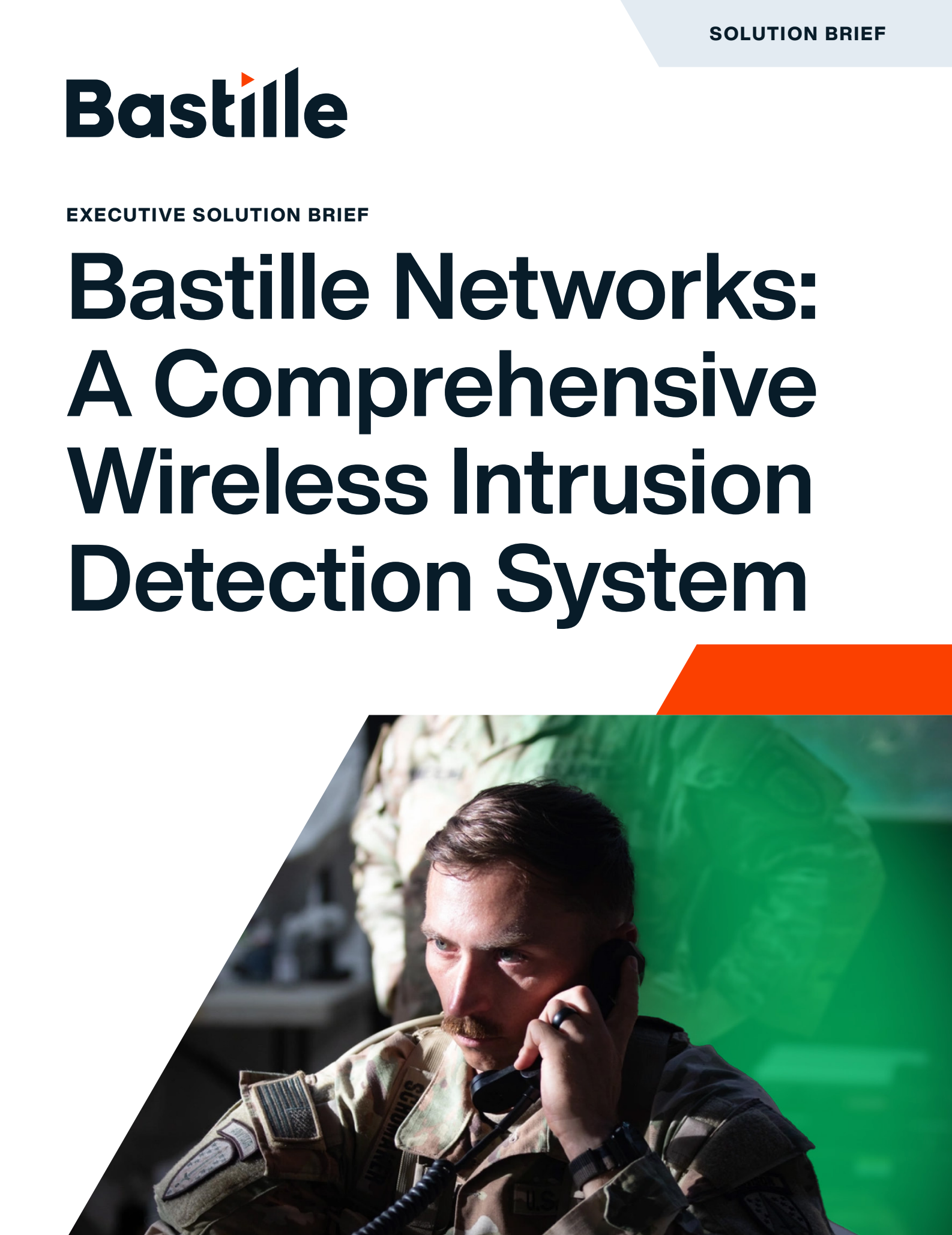
A fast-moving Android remote-access Trojan known as PlayPraetor has breached more than 11,000 smartphones in under three months, giving financially motivated criminals real-time control of victims’ devices and a direct path into nearly 200 mobile-banking and cryptocurrency apps.
Researchers at Cleafy, who traced the infrastructure behind the attack, say the campaign is no ordinary operation. PlayPraetor relies on a Chinese-language command-and-control (C2) panel with multi-tenant support that lets dozens of affiliates rent malware, spin up convincing Google Play look-alike pages, and monitor every compromised phone from a single web console. Portugal, Spain, and France alone account for more than half of known infections, but sizeable clusters have appeared in Morocco, Peru, and Hong Kong. The botnet is still expanding at roughly 2,000 new devices a week, with a noticeable pivot toward Spanish and French-speaking users.
An Industrialized Fraud Factory
PlayPraetor’s success lies in its industrial design. Each time the malware starts, it runs through a hard‑coded list of domains, seeking the first C2 server that answers a heartbeat request. Once connected, it opens a persistent WebSocket on port 8282 for commands and an RTMP stream on port 1935 so operators can watch the screen in real time while they empty an account or approve a fraudulent payment. Everything else, including contact lists, SMS, screenshots, and card PINs, flows home over HTTPS.
The C2 dashboard, written almost entirely in Simplified Chinese, shows more than numbers. Operators can click to launch any app on the victim’s phone, silently turn on the camera, or push an overlay that sits atop a legitimate banking screen to steal credentials as users type them. New sub-commands added since February, such as wake, card_unlock, and add_volumes, hint at an active development schedule and a team willing to prune older, noisier features to stay ahead of mobile-endpoint defenses.
Affiliates and the Language Game
Two top-tier affiliates, IDs 10008 and 10007, control close to 60 percent of the active implants and strongly prefer Portuguese-language devices. Smaller players specialise: affiliate 10019 leans toward French and Arabic speakers, while 10010 pursues Spanish-speaking targets in Southern Europe and Latin America. Infection telemetry captured by Cleafy shows that Portuguese growth is flattening just as Spanish and French infections spike, suggesting the newcomers are expanding into markets the dominant crews have left on the table. A late‑June burst of Arabic‑language infections may foreshadow yet another front.
Phishing Made Point‑and‑Click
PlayPraetor’s panel doesn’t merely direct the botnet; it manufactures it. An affiliate can paste in a domain, upload an icon and carousel images, and the system produces a polished landing page that convincingly impersonates the Google Play store, or any other brand the criminals choose. Domains appear to be pre‑registered, allowing the content factory to churn while a separate team handles the riskier work of acquiring infrastructure.
Why It Matters
PlayPraetor does not rely on zero‑days or exotic exploits. Instead, it abuses Android Accessibility Services, a technique mobile‑fraud syndicates have honed for years. What sets the campaign apart is scale and professionalism: a ready‑made business platform that collapses the cost of entry for would‑be cyber‑criminals. With weekly infection tallies still climbing and affiliates eyeing fresh target countries, banks, fintechs, and consumers should expect the threat to worsen before it burns out.
Fighting Your Organization’s Mobile Vulnerability Debt
Mobile malware thrives when unauthorized phones slip unnoticed into offices, data centers, and classified spaces. Cleafy focused on the group’s financial operations, but PlayPraetor’s ability to remotely control device cameras and microphones means unmanaged Android devices pose a serious risk near sensitive information. Bastille’s Wireless Airspace Security platform tackles that blind spot head‑on. A dense array of software-defined radios continuously senses the entire RF spectrum: Bluetooth, cellular, Wi-Fi, Zigbee, and more. Bastille provides real-time location alerting of unauthorized and anomalous wireless devices to within 3 meters, even if they are powered on but not yet connecting to your organizational networks. Real‑time analytics in Bastille’s cloud fusion center learn each location’s wireless “normal,” raises alerts when an unfamiliar device appears, and gives security teams the forensic trail they need to respond, contain, and report.


